The primary purpose of a musician is to be heard by an audience – yet so many performers are self-conscious about the idea of their practice being observed and judged. Perhaps it’s time to practise out in the open, writes Toby Deller
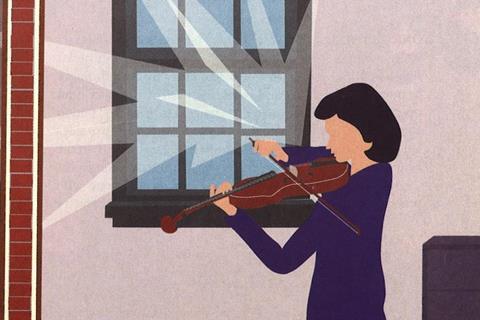
One of the curiosities of classical music is that a fear of being overheard should be so common in a profession so defined by listening. Many of us will have experienced this mindset taking hold when trying to practise in poorly soundproofed music rooms or shared accommodation. In our self-consciousness, we shy away from practising things that need work; we resort to playing passages where we sound assured, and spend time apparently working hard on problems that, in truth, we have already overcome. We feel anxious, not because our neighbours will complain about the disturbance, but because they will judge what they hear. Admittedly, this is more likely in a music school than in a block of flats, but even then the thought can nag away: ‘Is my practice really necessary?’
Practising in private feels safe: we can make our mistakes, experiment with interpretation and improve our technical expertise without revealing anything to the wider world. At some point, however, that is exactly what is going to happen. We perform not only in public but, we hope, to strangers; yet we practise alone, away even from friends, and assume that what we create in private will survive the transfer to the public domain. It is almost as if the ideal is to put our performances together in a sterile, hermetic workshop, tinkering away, out of sight from others, until such time as the finished product is ready to be revealed.
But, of course, when it comes to musical performance, the product is not finished when it leaves the practice room. The finishing touches happen on stage where conditions are different. That, and the consequent truism that no two performances can be the same, is one reason live music is special. Yet if our routine practice scarcely mimics live performance in omitting an audience, that raises the question: is secluded practice always the ideal preparation for playing in public? If music is undeniably an art of playing in order to be heard, shouldn’t being heard be normalised on a day-to-day level rather than becoming the source of fear?
- Read: 7 techniques to combat stage fright
- Read: Why 10,000 hours of practice won’t make you an expert
- Read: A 30-minute daily practice routine for violinists and violists
As it is, we aim to make our execution bulletproof by preparing specifically for the stress of public performance, whether through drilling and repetition, psychological exercises in visualisation, medication and so on, all with greater or lesser degrees of success. And while open lessons and masterclasses act as halfway houses between practice and performance, they are nonetheless events that require their own kind of preliminary work since they inevitably involve, to some extent, an element of being judged. Having someone sitting in on practice sessions as a listener, not as a giver of advice or even feedback, but just as a presence in the room, can be a way of bridging the practice room and concert environments.
Inviting in such a benign guest, even if only occasionally, might also be a way of varying the routine of practice – not disrupting it but diversifying it by giving the musician experience in acclimatising to differences in setting. Perhaps this could encourage musicians to incorporate other strategies for increasing their versatility, whether that be practising blindfolded or with non-musical background noise. Ultimately, performing in unfamiliar environments could thereby become less disconcerting and something to be taken in their stride.
The principle applies to chamber music ensembles as much as to individuals. There, it could pay dividends to have a witness somewhere quietly in the background, helping players keep their focus and not waste time, and to help preserve a respectful working atmosphere. For that reason, the musical credentials of such observers would not be of primary importance, since they would not be there in the capacity of teacher, fellow professional or critic with corresponding expertise to impart. Their function would be something different; their simple presence reinforcing the idea that being heard is a normal, organic part of playing an instrument.
This article is published in The Strad February 2020 issue.
-
This article was published in the February 2020 Ébène Quartet issue
The Ébène Quartet marks its 20th anniversary with a worldwide Beethoven tour and live recordings, and talks about the challenge of finding a new violist. Explore all the articles in this issue.
More from this issue…
- The Ébène Quartet on celebrating Beethoven
- Jean-Baptiste Vuillaume’s early years
- Tribute to teacher and violist Jerry Horner
- Master viol maker Michel Collichon
- Should older performers ever retire?
Read more playing content here
-
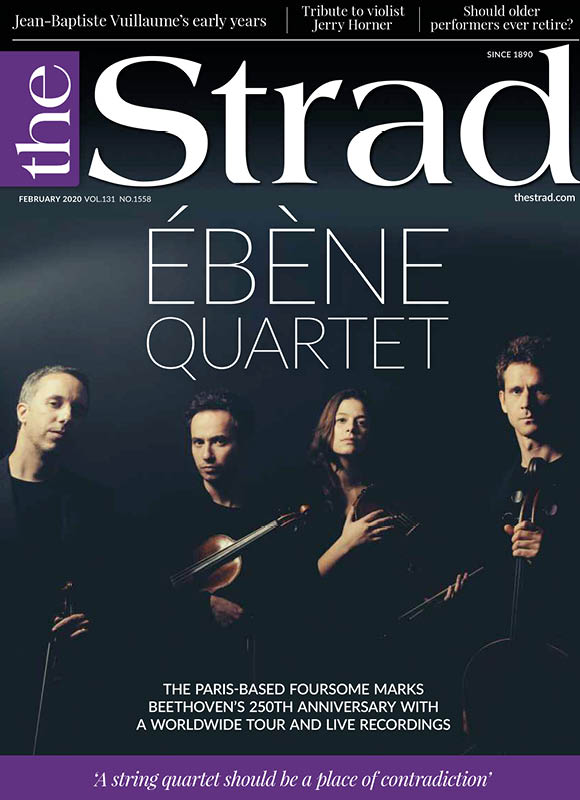

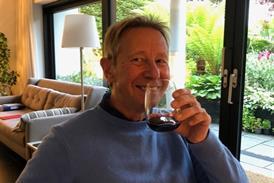

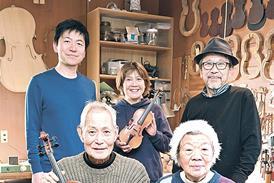
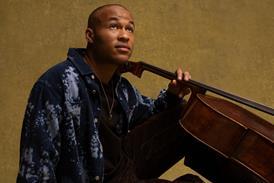




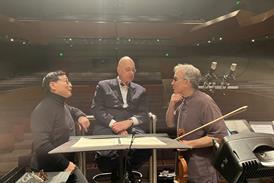


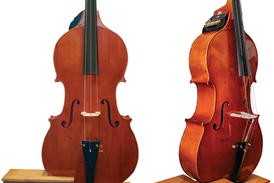




























No comments yet